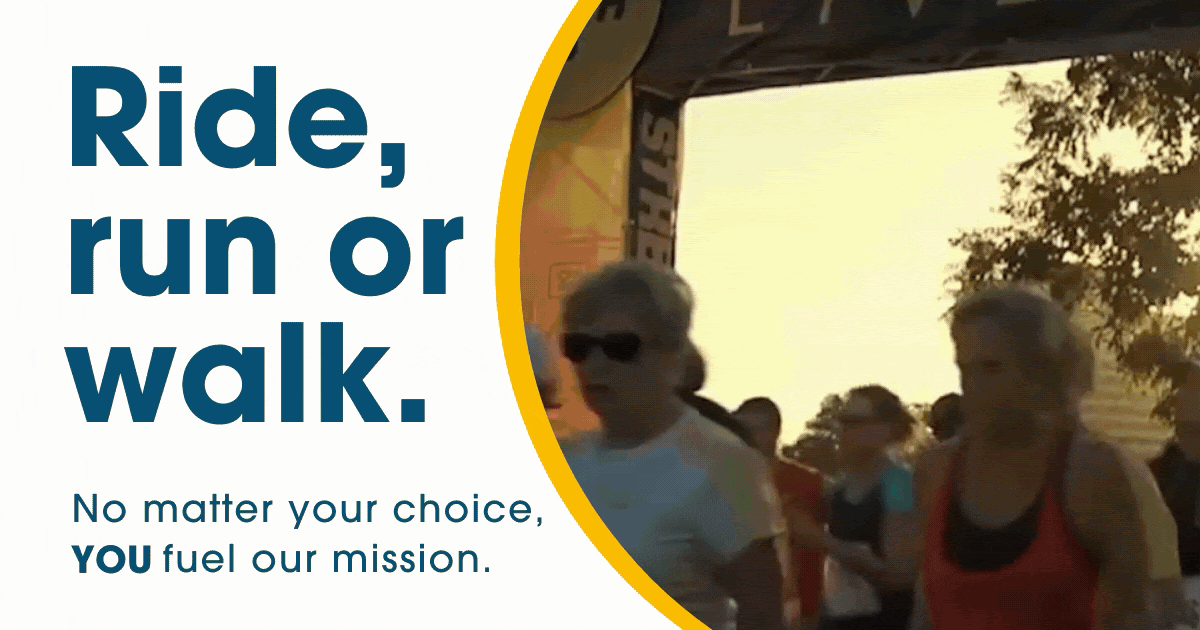To view this email as a web page, click here
| | | | | With this first MHFA Monthly of 2021, we want to concentrate on what can help you take care of your mental health. We chose resilience as our word of the year for 2020 because it reflects our ability to push forward in the face of adversity. Staying resilient will be key in 2021 too, as we bravely face new challenges and celebrate new triumphs. And so, this month we shared tips to help you practice resilience, remain hopeful and support your loved ones as we face the challenges this year may bring. Keeping everything in perspective and creating a self-care plan are great places to start – making your mental health a priority this year will make all the difference. We also debunked some common mental health myths to provide information and help keep the conversation going. Be sure to check us out on our blog and social media channels for daily information and tips, including Twitter, Facebook and Instagram! | | |
|
| | How to Support a Loved One Who Has Been Impacted by COVID-19 | We continue to be impacted by COVID-19 in different ways, so it is crucial that you feel supported and are able to offer support to your friends and loved ones. Here are some tips from the Mental Health First Aid Curriculum to help you be an effective listener and guide the conversation. Read more. |
|
|
| | |
|
| | Breaking Down Common Mental Health Misconceptions | Conversations around mental health are becoming more frequent, making it vital that everyone has the most accurate and up-to-date information. Here we help destigmatize mental health by breaking down some commonly held misconceptions. Read more. |
|
|
| | |
|
| | Stay Hopeful During COVID-19 | With two FDA-approved vaccines being distributed nationwide, it has become easier to envision a day when the COVID-19 pandemic will be behind us. In the meantime, staying hopeful will help you keep things in perspective and give you the strength to keep pushing forward. Read more. |
|
|
| | |
|
| | | | | A local hospital in Brunswick, Maine, offers free virtual Youth Mental Health First Aid to those in the community because of the increase in mental health concerns among middle- and high-school students. Read more. | | |
|
| | | | | Students and faculty at North Carolina’s College of the Albemarle will soon be able to get certified in Mental Health First Aid as part of their coursework in the university’s human services technology program. Read more. | | |
|
| | | | | Contact tracers in Spokane, Wash., have the difficult job of informing members of their community they have tested positive for COVID-19. Now that they’re trained in Mental Health First Aid, they are better equipped to offer support and suggest local resources. Read more. | | |
|
| | |
|
| | Thank you for choosing to #BeTheDifference, Mental Health First Aid USA
| | |
|
| | The National Council for Behavioral Health is the unifying voice of America’s health care organizations that deliver mental health and addictions treatment and services. Together with our 3,326 member organizations serving over 10 million adults, children and families living with mental illnesses and addictions, the National Council is committed to all Americans having access to comprehensive, high-quality care that affords every opportunity for recovery. The National Council introduced Mental Health First Aid USA and 2 million Americans have been trained. For more information, please visit www.TheNationalCouncil.org. | | |
|
|
|






















